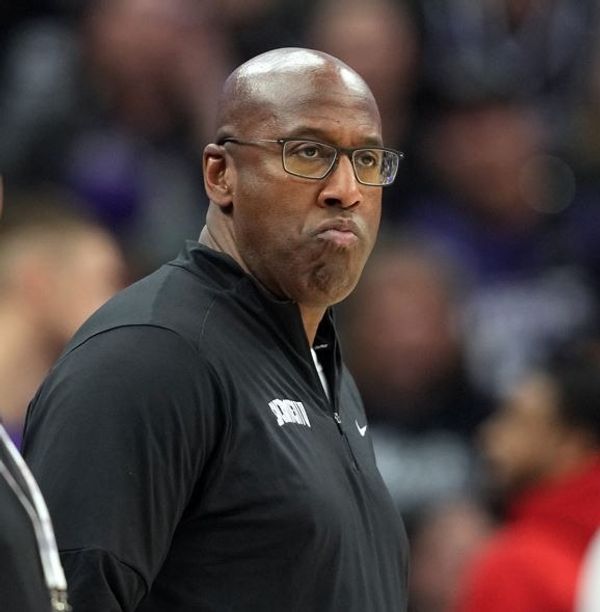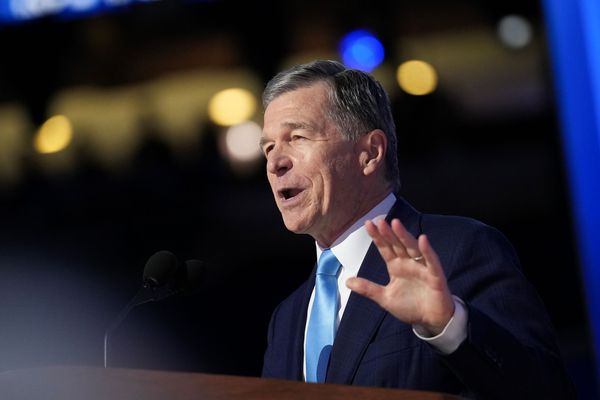WASHINGTON _ Abolishing the Electoral College. Packing the courts. Ending the filibuster.
Democratic presidential candidates have in recent weeks increasingly called for radical changes to the country's political process _ ideas that would transform how the courts and Congress conduct business and even how the country elects its presidents.
It's a new frontier in a primary that has already pushed the boundaries of what Democratic candidates traditionally support, and reflects a deeply felt conviction among liberal activists that big policy goals aren't possible without fundamental changes to the political system.
"2016 knocked reality into a lot of folks," said Ezra Levin, the co-executive director of the progressive grassroots group Indivisible. "They want to know what your big ideas are, but also how you're going to get them done."
In the early stages of a competitive 2020 race, these reforms are also turning into potentially pivotal wedge issues among candidates desperate to differentiate themselves from their rivals. The most contentious of the proposals _ ending the Senate filibuster _ has already been balked at by candidates like Sens. Bernie Sanders and Cory Booker, who have otherwise sought to present themselves as champions of sweeping change.
It took a potential candidate seen as a relative moderate, Washington Gov. Jay Inslee, to unequivocally state his opposition to the filibuster, saying this week he backed eliminating the rule that required 60 votes to end debate on the Senate floor.
"I think it's got to go," he told NBC News. "I just believe that the nature of economic change and social change and the integration of the world economy demands a functioning Senate."
For Inslee, it was an effective way to get noticed by the liberal grassroots.
"Jay Inslee, he's been a good governor, he's a good progressive, but he is another white male candidate at a time when the Democratic Party really is very interested in supporting a woman or person of color or woman of color for the nomination," said David Nir, the political director of the progressive website Daily Kos.
"It seems like it would be otherwise quite difficult for someone like an Inslee to gain a lot of traction," Nir added. "I don't necessarily think he could win the Democratic nomination just by running on filibuster reform, but he has the potential to change the conversation here and stand out, absolutely, and I hope he does change the conversation."
Many liberals see the filibuster as a serious impediment to enacting their priorities even if Democrats manage take back the Senate _ and some of the more loudly progressive candidates may face pressure to take a harder line against the procedural tactic.
"I've been disappointed to see so many Democratic senator candidates either resist the notion of majority rule in the Senate, or kind of play footsie with it," Nir said. "I was really excited to see Jay Inslee ... come out very firmly in favor of eliminating the filibuster. He's absolutely right and I hope he puts pressure on the rest of the field."
Another lesser-known candidate, South Bend, Ind., Mayor Pete Buttigieg, has signaled an openness to increasing the number of Supreme Court justices and abolishing the Electoral College in favor of a system where a nationwide popular vote would elect presidents.
"The Electoral College needs to go because it's made our society less and less democratic," Buttigieg said during an interview on CBS News in January.
Candidates have made other proposals to alter the political process, including granting statehood to the District of Columbia, as Sanders said this week, or backing a constitutional amendment to overturn the Supreme Court's Citizens United decision, which allowed individuals and corporations to spend unlimited sums of money on campaigns.
Even as some of these ideas electrify the activist base, some Democratic Senate veterans caution against overpromising _ and note that many of these issues aren't clear-cut along partisan lines. The filibuster, for example, could also be used to stop problematic policies from the other side, these Democrats argue.
And making D.C. a state or abolishing Electoral College would require a constitutional amendment, something highly unlikely to pass in the current hyperpolarized political climate.
"What we're seeing right now is just a lot of big ideas," said Rodell Mollineau, who worked for Democratic senators for more than a decade. "It's great we're debating these big ideas, but it's also important for the Democratic candidates to have a plan, or to think of a plan, of how to implement and how these plans would work in reality."
So far, many candidates have not yet adopted these types of sweeping changes, even as they embrace far-reaching policy proposals like the Green New Deal to combat climate change or single-payer health care.
But activists committed to these issues say they expect that to change over the course of a long campaign, especially when candidates are pressed to explain how they will implement their agenda without altering certain rules.
Two independent groups, for instance, have already begun pushing candidates to adopt an aggressive agenda to change how the Supreme Court operates.
Officials with the groups say without radical changes, the party puts its entire policy agenda at risk.
"We can't just accept the status quo. We can't just cling to romantic notions that the court will do the right thing in the end," said Brian Fallon, the executive director of the liberal group Demand Justice. "If we're putting the fate of the progressive agenda in John Roberts' hands, we're in big trouble."
People involved with the effort say that, in their view, Democrats for too long have failed to take an aggressive approach to the judicial system.
They want to change that now.
"For the last two decades they've brought soldiers while we were bringing lawyers. And soldiers beat lawyers," said Sean McElwee, director of polling and social media for the group Pack the Courts. "And now we're bringing our own soldiers and we're approaching this the way the right has."







